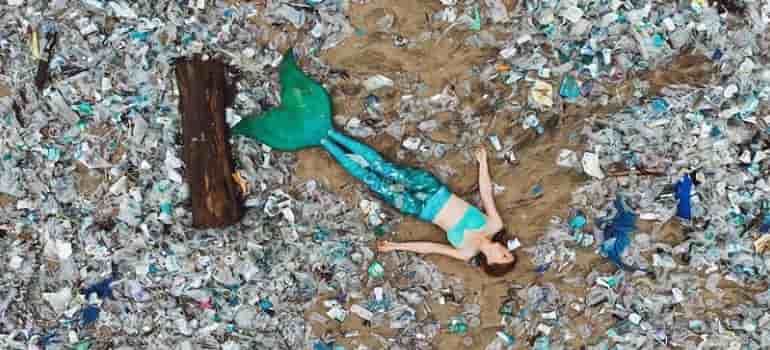The UK based Symphony Environmental Technologies , has developed a groundbreaking and scientifically proven d2w additive technology that can make plastics 100% biodegradable.
This new technology can be used in plastics manufacturing to convert end-of-life plastics into a soil component that is naturally bio-assimilated by bacteria and fungi. The d2w technology has been studied for over 25 years and has passed heavy metal analysis and OECD eco-toxicity tests.
This innovation is a game changer for the future of plastic use globally, offering a futuristic and globally trusted solution to the environmental problem of non-biodegradable plastic waste. Several countries in the Middle East have already legislated to manufacture biodegradable plastic with such additives mandatory.
Symphony Environmental empowers governments, producers, and brand owners to rethink the future of plastics by entering a new era of how plastics will be used and manufactured globally.
Speaking on the scientifically proven d2w bio-degradable formulation, Sunil Panwar, CEO of Symphony Environmental India, said, “We wanted to find a solution for the plastic packaging materials which doesn’t require banning of plastics and doesn’t put our valuable resources under stress.
When plastics are a major environmental concern, at Symphony Environmental, we strived to find an innovative and economical solution that works for the businesses, consumers and the environment the most economic, safe & sustainable way.”
The d2w technology is world’s most advanced process, which passes the American, British, UAE, French, and Saudi standards for testing biodegradable plastics.
It is suitable for multiple applications in LDPE, LLDPE, HDPE, BOPP, PP Films, PP Raffia, Injection Molded, Blow Molded, Thermoformed (PP) products.
Symphony Environmental India offers free technical support for all the d2w and d2p range of products to the manufacturers and customers.
The d2w technology is thoroughly researched, tested, and adopted globally and is now being offered to plastic manufacturers in India. It can be used in both food and non-food applications.
Symphony Environmental’s endeavor is to transfer valuable carbon material back to the ecosystem via natural ecological processes such as vegetation and micro-organisms.
Prime stages of biodegradation through d2w technology and its
benefits:
1. Plastics are made sustainable by ensuring 100% biodegradation of the packaging material after the usage life ends.
2. This is done by adding 1% d2w (weight-wise) in the form of a masterbatch at the time of manufacturing.
3. The product behaves like conventional plastic during its intended service life.
4. The product has a 100% recyclable property after adding d2w.
5. After its service life, the bag or packaging may get recycled or end up in an open environment.
6. The d2w then takes effect, and the product begins to biodegrade in the presence of oxygen, sunlight (UV) & ambient heat.
7. The product will biodegrade in a continuous and irreversible process, leaving nothing but carbon dioxide, water, and biomass behind.


